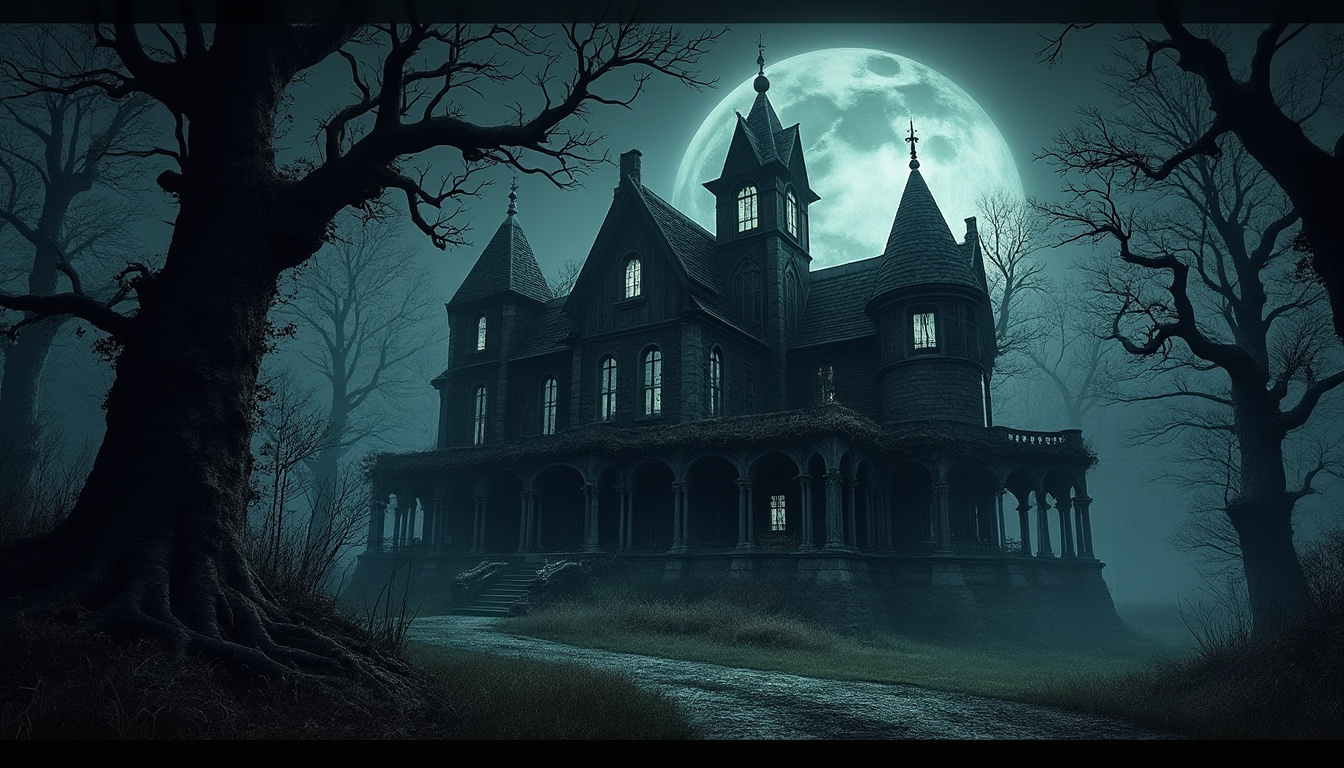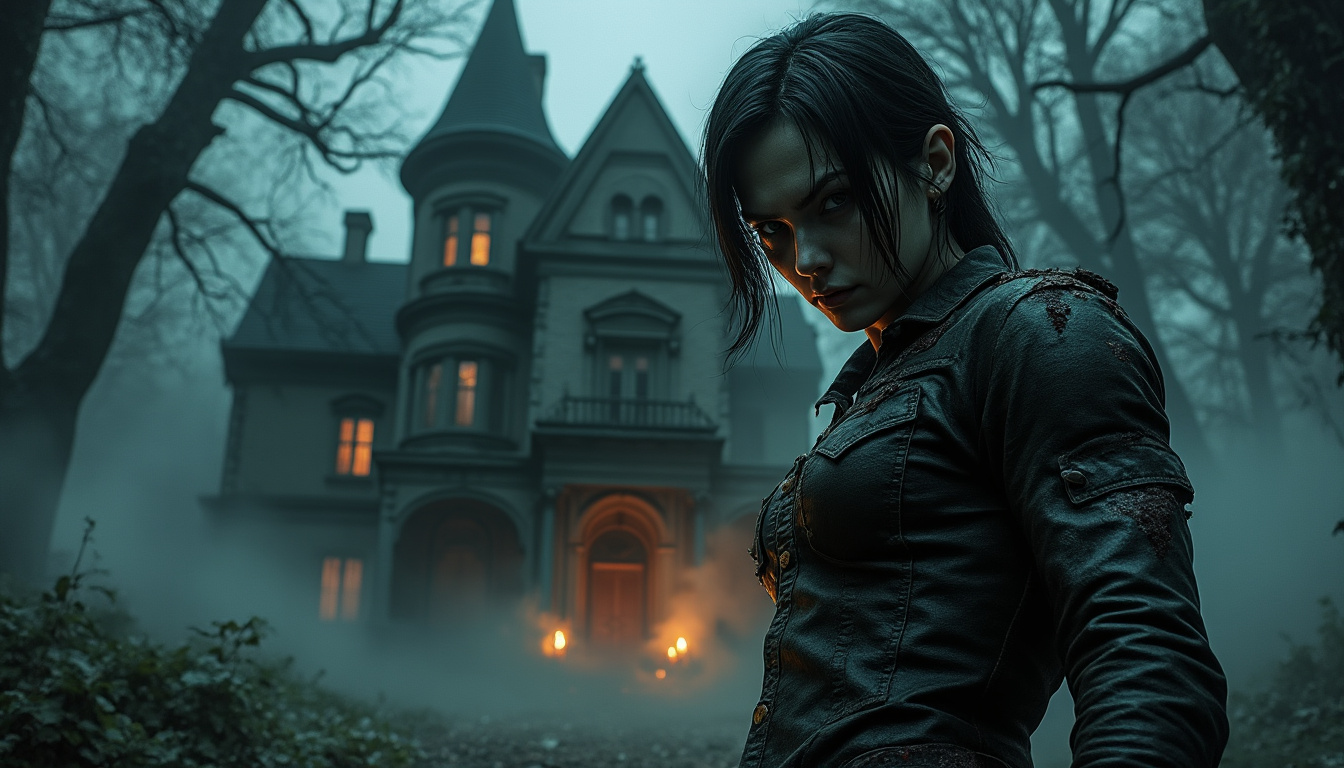The thrilling world of horror films is once again ignited by the announcement of Zach Cregger’s upcoming reboot of the legendary Resident Evil franchise. Celebrated for its rich storytelling and terrifying gameplay, this franchise has captivated audiences since its inception. With a fresh perspective provided by Cregger, known for his work on the horror hit “Barbarian,” the project is set to redefine the genre. One of the most exciting updates is the addition of Austin Abrams, a rising star famed for his performances in Euphoria and “The Walking Dead.”
The reboot, scheduled for theatrical release on September 18, 2026, is highly anticipated not just for its stellar casting but also for its fresh take on the franchise. Little is known about the film’s narrative direction, although early reports suggest a return to the series’ origins grounded in the iconic video game. This reboot aims to rejuvenate the franchise with well-crafted storylines and engaging character development. Cregger’s involvement signals a unique twist on the classic horror elements that fans have come to love.
The Resident Evil franchise has seen its fair share of adaptations, yet the excitement surrounding this reboot indicates a shift towards a more authentic representation of its roots. Cregger, a co-founder of the comedy group The Whitest Kids U’ Know, is stepping into a genre that diverges from his usual comedic styling, aiming to bring depth to the horror film landscape.
The journey of Resident Evil in film
Since its debut, the Resident Evil franchise has expanded from a video game success to a cinematic powerhouse. The original Resident Evil film was released in 2002 and starred Milla Jovovich, who became synonymous with the series. Over the years, the franchise has produced several sequels and spin-offs, yet many fans felt that the narrative strayed too far from the game’s thrilling origins.
The adaptations remained popular, but many fans hoped for a return to the core elements that made the video games iconic. This reboot is perceived as an opportunity to rectify the missteps of previous adaptations and provide an authentic experience that resonates with gamers and new audiences alike. Cregger’s vision is expected to embrace the horror genre’s roots, tapping into the unsettling atmosphere and tension that the games are known for.
A fresh approach to horror with Zach Cregger
Zach Cregger is stepping into the thriller and horror landscape with this reboot, coming off the immense success of his previous film, “Barbarian.” The film, which received accolades from critics and audiences alike, has positioned Cregger as a promising voice in the horror film industry. His understanding of tension and character-driven stories will likely play a crucial role in crafting the new Resident Evil.
Cregger’s approach is expected to go beyond mere jump scares; he is likely to weave a compelling narrative that builds dread and invests the audience in the characters’ fates. This is especially important in horror films, where viewer engagement can make or break the overall impact. The addition of talented actors such as Abrams to the cast further enhances the film’s potential, allowing for dynamic performances that can elevate the narrative.
Austin Abrams: The rising star
Austin Abrams is gaining momentum in the entertainment industry with notable roles demonstrating his versatility. He has garnered attention for his performances in hit series like Euphoria and “The Walking Dead,” showcasing his range as an actor. This casting choice reflects Cregger’s willingness to engage with contemporary talent, blending star power with fresh energy.
His role in “Euphoria” brought him to the forefront, earning him a loyal fanbase, while his part in “The Walking Dead” added to the growing respect for his craft. By selecting Abrams, Cregger not only brings a familiar face to horror fans but also someone with proven acting skills capable of diving deep into complex characters typically found in blockbuster horror films.
The ensemble cast: Who else is joining the reboot?
| Actor | Role | Notable Works |
|---|---|---|
| Austin Abrams | Lead Role | Euphoria, The Walking Dead, Paper Towns |
| Josh Brolin | Supporting Role | No Country for Old Men, Deadpool 2 |
| Julia Garner | Supporting Role | Ozark, Inventing Anna |
| Alden Ehrenreich | Supporting Role | Solo: A Star Wars Story, Hail, Caesar! |
| Benedict Wong | Supporting Role | Doctor Strange, The Martian |
This thrilling mix of talent offers a promising foundation for a dynamic film. By assembling a cast with both familiar and emerging stars, Cregger sets the stage for compelling interactions and emotional depth, which is crucial in horror narratives. A strong ensemble cast can enhance any storyline, particularly in a genre requiring depth and psychological engagement.
Building suspense through storytelling
Crafting a horror film hinges on effective storytelling. Zach Cregger has shown a knack for building suspense and delivering shocks in his past work. This reboot of Resident Evil will likely center its narrative on the roots of the game, immersing audiences in the eerie atmosphere that fans love while potentially introducing new lore and twists.
In Cregger, we see a director unafraid to explore darker themes while maintaining a critical eye on character development. Following closely in line with the original storyline of the game allows the film to present a cohesive viewing experience that both honors its origins and innovates for modern audiences. Keeping true to the game while making it accessible will ultimately signal the film’s success or failure.

The impact on the franchise and the film industry
The reboot of Resident Evil could have significant ramifications across the horror genre and the film industry at large. With a compelling narrative and a talented cast, the film has the potential to breathe new life into a legacy that is both well-established and beloved. This endeavor signals a wider trend within Hollywood as studios increasingly seek to invest in reboots and reimaginings of classic franchises.
Audiences are becoming more discerning, and filmmakers must deliver substance alongside style. A shallow or poorly executed reboot can alienate fans and lead to underwhelming box office performance. Success, however, can set new standards and revive interest in dormant franchises. Cregger’s fresh vision could inspire more nuanced horror films going forward, returning to the roots of storytelling while exploring innovative techniques in character development and plot progression.
Horror genres adapting for modern audiences
The landscape of horror films is evolving, with an increasing emphasis on storytelling and character depth. Themes of psychological terror, the interpretation of fears, and the exploration of human relationships are gaining traction. Cregger’s approach with this reboot could capture these elements effectively, positioning the film as a form of social commentary wrapped around genuine scares rather than just a series of jump scares.
By addressing contemporary issues and tapping into the cultural zeitgeist, the film can connect with a broad audience. This new era of horror cinema allows filmmakers to push boundaries while appealing to both critics and casual viewers. The successful fusion of entertainment and intelligence will create memorable cinematic experiences and likely inspire a new generation of storytellers in the genre.
Fan community anticipation and reactions
The fanbase surrounding the Resident Evil franchise is vocal and passionate, eagerly expressing their expectations for the reboot. Social media platforms are abuzz with speculation about plot details and casting choices. This engagement represents a broader trend of fan anticipation, where communities rally around the narratives and characters they love.
Fans are particularly intrigued by the addition of Austin Abrams to the cast, expressing excitement over his previous roles while also contemplating how his character will be portrayed within the reboot. The engagement among fans provides filmmakers with valuable insights into audience desires and expectations, grounding creative choices in community interests.
Producer decisions, casting choices, and promotional campaigns all benefit from understanding audience sentiment. Filmmakers using online platforms to connect with audiences can build goodwill and generate interest long before a film’s release. Social media fanfare can significantly affect box office performance, making it essential for studios to cultivate a dedicated audience leading up to a release.
Social media buzz: reactions and discussions
The fuel of media discussion has propelled numerous facets of movie casts, especially for highly anticipated projects. Platforms like Twitter, Instagram, and TikTok become hotbeds for fan theories and shared content related to the film. Abrams’ involvement has led to a plethora of discussions, memes, and predictions, making the conversation surrounding the reboot robust and engaging.
Creative engagement fosters a sense of community and mutual excitement. Fans harness the power of platforms to stay connected and share their thoughts, resulting in a vibrant environment that promotes interest in upcoming films. More than just consumers, fans actively shape the landscape of modern cinema, providing filmmakers with insights that can direct creative processes.
Anticipation continues to grow as Cregger and his team work to breathe new life into the beloved franchise. With the right balance of horror, innovation, and character, this reboot may well redefine what fans can expect from film adaptations of video games.


